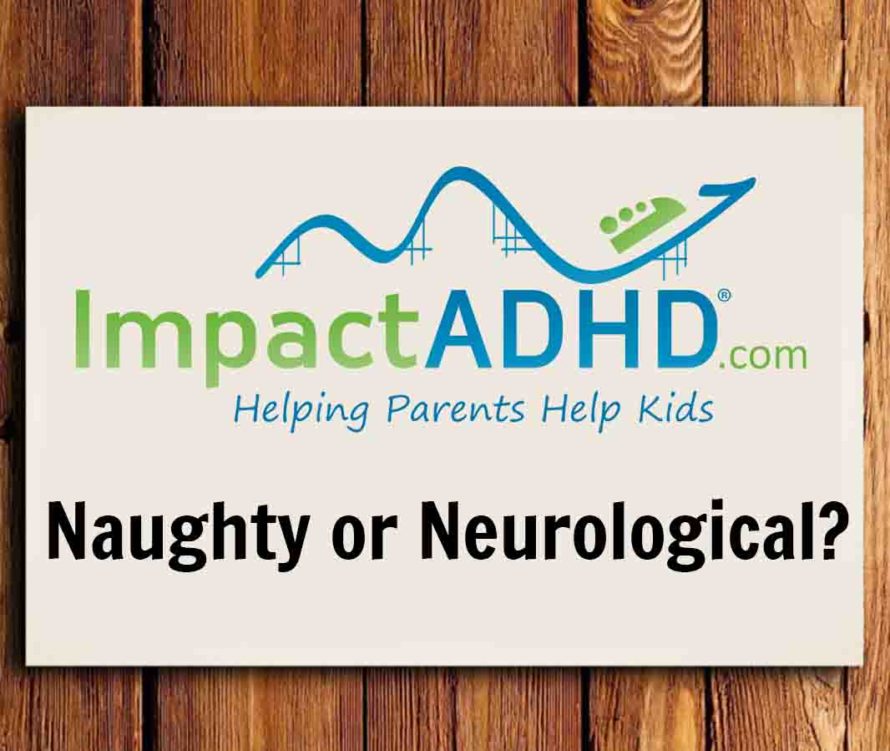This week, Ilana sent me a great article written by Elaine Taylor-Klaus and posted on the ImpactADHD website—A Parent’s Best Question: Is It Naughty or Neurological? (https://impactadhd.com/a-parents-best-question-is-it-naughty-or-neurological/). In it, the author reminds parents that while their children’s behaviour might seem naughty, it is often related to the neurological profile of ADHD, executive dysfunctions, learning disabilities, or mental health conditions such as anxiety.
This article made my brain fire. We know that behaviour is communication—not just “big B Behaviour” as in Behaviour Problems, but even mundane actions or demonstrations of politeness. Sometimes behaviour is communicating a lack of basic respect or caring (“naughty” behaviour), but often it communicates a skill deficit or anxiety about a person’s perceived inability to accomplish something. We know that at camp, what looks like rudeness could be a behavioural manifestation of homesickness, misunderstanding of a social situation, nervousness about a new situation or activity, fatigue, hunger, language processing problems, or a host of other issues. Consequently, if we want the behaviour to improve, our response needs to address the underlying need being communicated.
Of course, this is more complicated than it seems; you have to put on your detective hat and consider the entire context of the behaviour and the neurological profile of the child. It takes real flexibility in thinking and training in how to widen your lens in order to do so, and it is the subject of many of the workshops we conduct during our staff orientation week. But it’s important: If we always treat behavioural missteps as punishable instead of teachable moments, we are communicating something to the child about their value and moral “goodness”, and we risk eroding their sense of self-worth and dignity.
Thinking back to my blog post on Smart but Scattered, I recognize that the three tactics for managing executive skill weaknesses are useful for navigating any neurologically-based behaviour challenge: change the environment, teach the skill directly, or change the motivation and/or response. This is precisely the approach we take at camp: We set campers up for success by making visible all of the hidden curriculum (all of the unspoken rules of an environment or social situation), clarifying the rules, setting up and sticking to a predictable schedule, establishing and frequently reminding campers about routines, providing appropriate supervision, matching them with similar peers, and breaking down tasks into manageable chunks.
Then, if a behaviour arises, we work with the camper to try to understand the full context of the problem and to teach the skills that were not sufficient to manage that situation. In many cases, these are social skills, and we conduct what Richard Lavoie calls a “Social Skills Autopsy”. Social errors, like academic ones, need to be taught, and skills need to be remediated in order to improve future outcomes.
Just as shame won’t teach a student their times tables after they failed a test, neither will shame teach a child or teen the missing social skills after they have fumbled a social situation.
The last step—considering the motivation—is also a part of the social and behavioural learning at camp. At school, children might exhibit behavioural difficulties to avoid the academic or social challenges of their classes. At camp, kids are naturally motivated to want to stay with their groups in order to be able to participate in all of the fun that is available: archery, horseback riding, rock climbing, fishing, drama, dances. While it might be quite attractive to spend your English period talking to the principal, it’s less appealing to miss out on the activities that your cabinmates are enjoying, so the motivation to behave is built in. Still, some campers might need detailed behaviour plans or tracking charts to help them stay focused on their goals and keep their eyes on the ultimate prizes—making friends and finding success.
Does having a neuro-diverse profile excuse people from all responsibility for their behaviour? No.
Children can have neurological differences and lagging skills, yet still act naughty from time to time. And as parents, teachers, or camp directors we won’t always be able to tell the difference. I challenge you, though, to try as often as possible to give kids the benefit of the doubt and to teach them how to behave rather than just react to their misbehaviour. Ross Greene (the author of The Explosive Child and Lost at School and an internationally recognized speaker on working with behaviourally challenged kids) is well-known for saying that kids don’t behave when they want to, they behave when they can. It’s our job, as the adults who love them and teach them, to help them learn how to behave when it doesn’t come naturally to them and to forgive them their mistakes when they happen.

